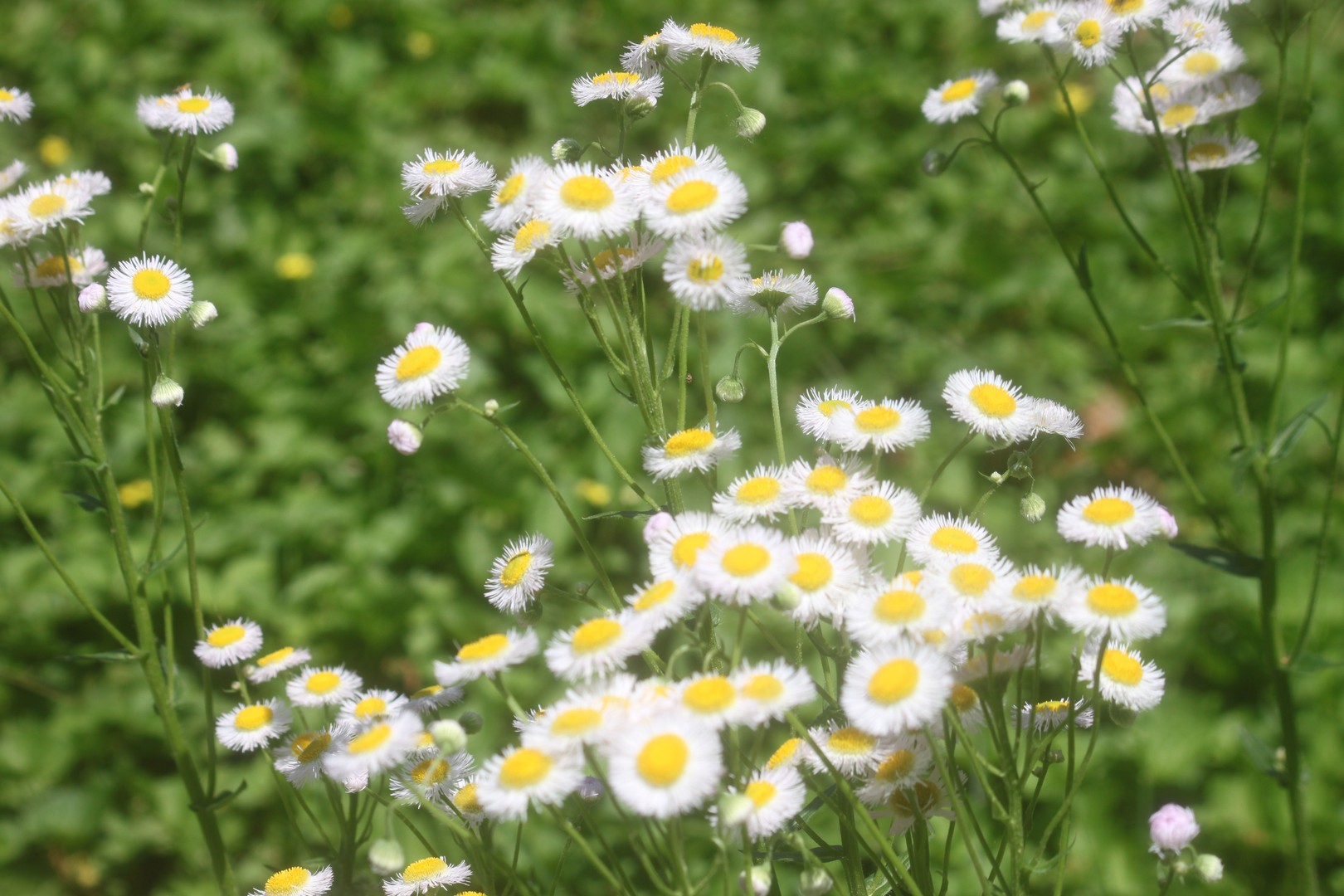
Rogation Sunday is the day when the Church has traditionally offered prayer for God’s blessings on the fruits of the earth and the labors of those who produce our food
Our hymns today reflect the themes of Rogation Sunday. Here are two examples:
1. “Not here for high and holy things”
Geoffrey Anketel Suddert-Kennedy, 1883-1929
First three verses
Not here for high and holy things
we render thanks to thee,
but for the common things of earth,
the purple pageantry
of dawning and of dying days,
the splendor of the sea,
the royal robes of autumn moors,
the golden gates of spring,
the velvet of soft summer nights,
the silver glistering
of all the million million stars,
the silent song they sing,
of faith and hope and love undimmed,
undying still through death,
the resurrection of the world,
what time there comes the breath
of dawn that rustles through the trees,
and that clear voice that saith:
This list of “common things” is so long that it occupies three full stanzas of the hymn, culminating in that tantalizing “that clear voice that saith:”.
The remaining verses – continue this – the lark in the sky, giant sun soars up,
The last verse focuses on God
“to serve right gloriously the God who gave all worlds that are,
and all that are to be.
Kennedy, the author, worked in deprived parishes: in Rugby. He was known for his forgetfulness, his generosity (he famously gave away the marital bed to an old lady in need recruiting his wife to help carry the mattress) and his plain speaking.
He became a military chaplain in 1915. He spent time with the men waiting to go to the Front speaking with them and offering to write letters home. He carried a large canvas sack of New Testaments and Woodbine Cigarettes to distribute, often staying on the trains up to the front well after they had left the station earning great popularity and the affectionate nickname Woodbine Willie. In 1917 he was awarded the Military Cross for fetching morphine for a first aid post on the Front while under bombardment and repeatedly going to help the wounded or bury the dead in No Man’s Land. During the war his first collection of poetry “Rough Rhymes of a Padre” was published and he achieved widespread national fame. His poems did not shy from the horrors of war or questions of faith raised. He was always on the side of the ‘ordinary man’.
For the Beauty of the Earth
“For the beauty of the earth,
for the beauty of the skies,
for the love which from our birth
over and around us lies.
Refrain:
Christ our God, to thee we raise
this our hymn of grateful praise.
For the beauty of each hour
of the day and of the night,
hill and vale, and tree and flower,
sun and moon and stars of light, [Refrain]
For the joy of ear and eye,
for the heart and mind’s delight,
for the mystic harmony
linking sense to sound and sight, [Refrain]
In the spring of 1863 the author, Folliott S. Pierpoint (b. Bath, Somerset, England, 1835; d. Newport, Monmouthshire, England, 1917) sat on a hilltop outside his native city of Bath, England, admiring the country view and the winding Avon River. Inspired by the view to think about God’s gifts in creation and in the church, Pierpont wrote this text. Pierpont was educated at Queen’s College, Cambridge, England, and periodically taught classics at Somersetshire College
